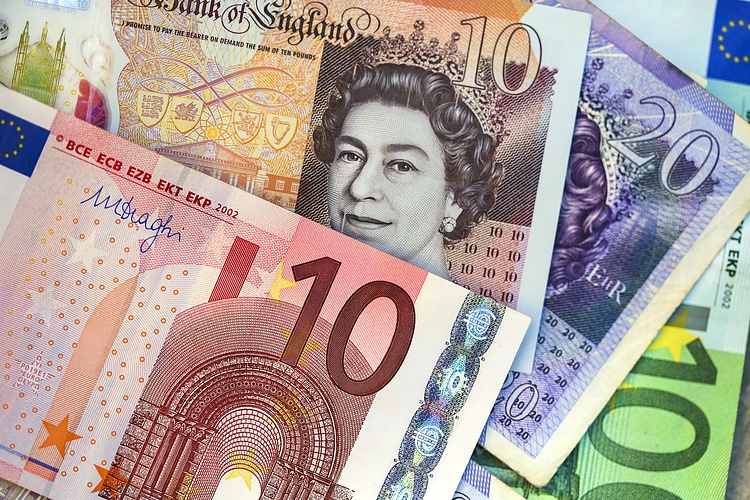The EUR/GBP cross is currently trading around 0.8355 during the early European session on Thursday. The market sentiment is leaning towards the European Central Bank (ECB) reducing interest rates on Thursday, which is putting pressure on the Euro against the Pound Sterling (GBP). The ECB is expected to lower the deposit rate by 25 basis points to 3.25% at its upcoming meeting after recent data indicated a deterioration in inflation alongside a weakening economy. This shift in focus from inflation to growth has led to expectations of a quicker pace of easing from the ECB. Traders will be closely watching the press conference following the interest rate decision for any dovish comments from ECB President Christine Lagarde, which could further weaken the Euro.
On the other hand, slowing inflation in the UK has increased speculation of a rate cut by the Bank of England (BoE) in the November meeting. This has the potential to negatively impact the GBP and limit the downside for EUR/GBP. The UK’s Consumer Price Index (CPI) inflation decreased to 1.7% in September from 2.2% in August, marking the lowest level since April 2021. The upcoming UK Retail Sales data release on Friday will also be closely watched, with any surprise positive outcome potentially providing support to the GBP in the short term.
The European Central Bank (ECB) plays a crucial role in managing monetary policy for the Eurozone and maintaining price stability by keeping inflation around 2%. The ECB’s main tool for achieving this goal is through adjusting interest rates. The ECB Governing Council meets eight times a year to make decisions on monetary policy, with inputs from heads of Eurozone national banks and six permanent members, including ECB President Christine Lagarde. In extreme situations, the ECB can resort to Quantitative Easing (QE) to buy assets and inject liquidity into the financial system.
Quantitative Easing (QE) is a policy tool used by the ECB to purchase assets such as government or corporate bonds from financial institutions, which can result in a weaker Euro. QE is typically employed when lowering interest rates alone is insufficient in achieving price stability. The ECB has utilized QE during times of economic crisis, such as the Great Financial Crisis in 2009-11, in 2015 when inflation remained low, and during the covid pandemic. Conversely, Quantitative Tightening (QT) is implemented after a period of QE when the economy is recovering and inflation is rising. In QT, the ECB stops purchasing new bonds and reinvesting the principal from maturing bonds, which is generally seen as positive for the Euro.


























